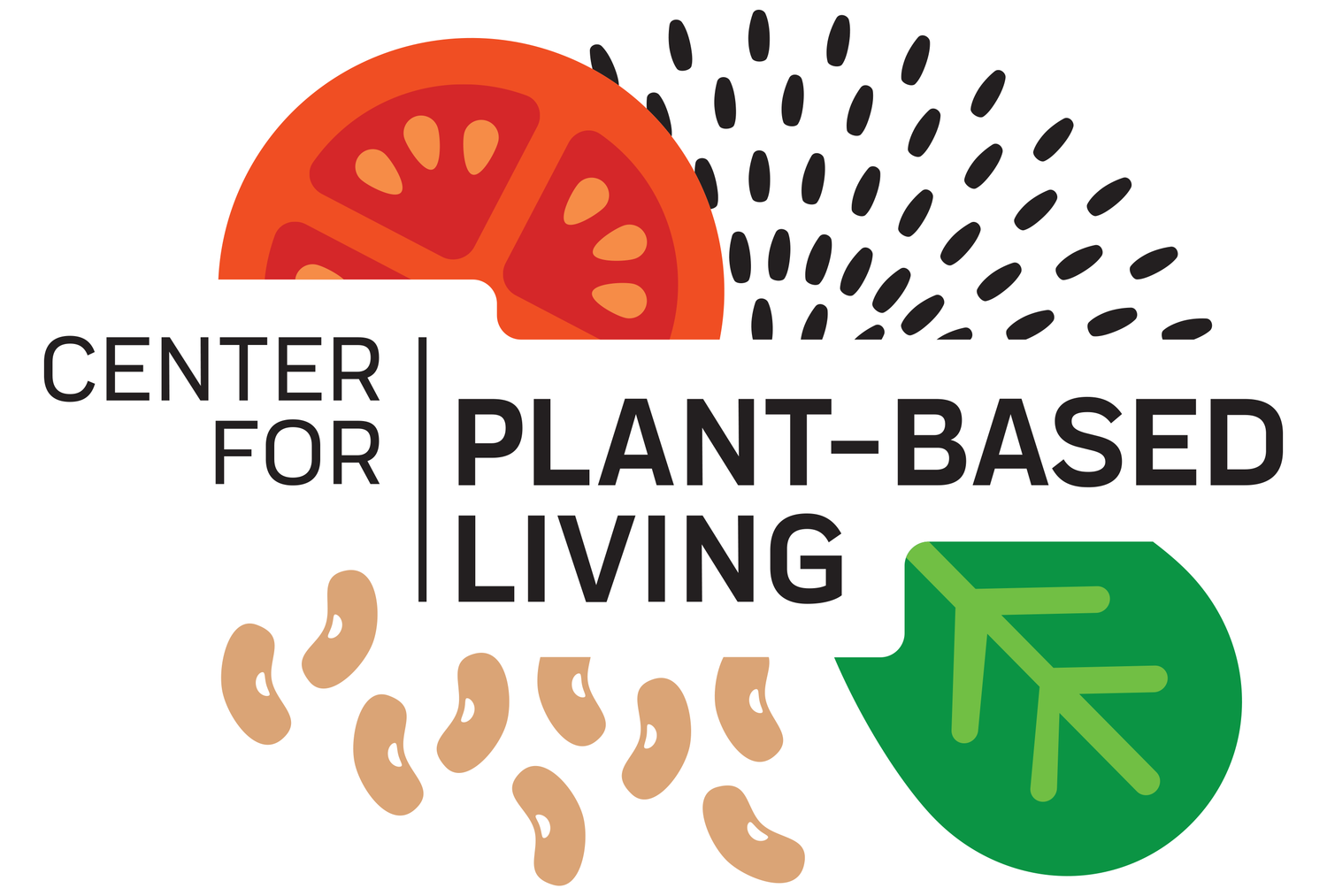April 2024 Group Support Call with Dr. Loomis
Show Notes from April 2024 Group Call with Dr. Jim Loomis
This is the link to Complement that Dr. Loomis takes:
https://lovecomplement.com/products/complement-essential-vegan-multivitamin?aff=498
Please use code for discount: docandchef
This is the follow up to the information on shingles: https://www.healthline.com/health/foods-to-avoid-during-shingles-attack#foods-to-avoid
Barbara’s yogurt starter: https://a.co/d/iSzYrX1
Please refer back to the March Group Call Show Notes on Nancy’s yogurt recipes – yum!
These are the tortillas that I currently LOVE: https://a.co/d/i18LY4d
They make great crispy chips! They are a little pricy here on Amazon, I found them for 99-cents and $1.29 at two local International grocers here in STL.
Stacy was curious how to not get her waffles to stick to the pan and I recently ran across these molds that you can place in your air fryer!!
Need to jumpstart weight loss on a plateau? Try this: https://www.forksoverknives.com/wellness/lose-weight-healthy-plant-based-diet-webinar-anthony-lim-md/
Below is the information from Consumer Lab about sweeteners – it’s cut and paste, so the formatting is confusing—sorry!
I highly recommend a membership for all the up to date information!
Our Members Asked:
Pros and Cons of Stevia and Other Sugar Substitutes
Latest Update: Sweeteners and the Heart?
Written by Tod Cooperman, M.D.
Updated March 07, 2024
Answer:
Low-calorie sweeteners and sugar substitutes (also known as artificial sweeteners) are often considered healthier alternatives to sugar, and some are promoted to lower blood sugar and blood pressure, as well as lose weight, but some of these claims are weak, and many of these sugar substitutes can cause side effects.
We discuss the pros and cons of these sweeteners, but be aware that the World Health Organization (WHO) suggests that non-sugar sweeteners should not be used by the general population to achieve weight control or to reduce the risk of chronic diseases (e.g, cardiovascular disease, cancer, etc.) because of clinical studies showing no long-term weight loss and observational studies linking the use of non-sugar sweeteners with increased risk of new-onset obesity (+76%), type 2 diabetes (+23% to 34%), cardiovascular disease (+32%), mortality (+12%), and preterm labor (+25%) (WHO Guideline, 2023). A subsequent study of over 200,000 people in the UK over nearly 10-years found those who consumed more than 2 liters/week of beverages containing artificial sweeteners had a 20% increased risk of experiencing atrial fibrillation compared to non-consumers. Those who consumed more than 2 liters/week of sugar sweetened beverages had a 10% increased risk of atrial fibrillation, while those who consumed 1 liter/week or less of pure fruit juice had an 8% lower risk of atrial fibrillation (Sun, Circ Arrhythm Electrophysiol 2024). Bear in mind, however, that all of these associations do not prove that using non-sugar sweeteners cause these conditions, and the recommendation to avoid these sweeteners does not apply to people with diabetes (see below for details). The "non-sugar sweeteners" of concern are the high-intensity sweeteners such as acesulfame K, aspartame, saccharin, sucralose, stevia, and monk fruit, but exclude sugar alcohols and other low-calorie sugars (such as xylitol, sorbitol, allulose, inulin, tagatose, etc.), as well as alternative sugars (such as coconut, date, and other syrups).

